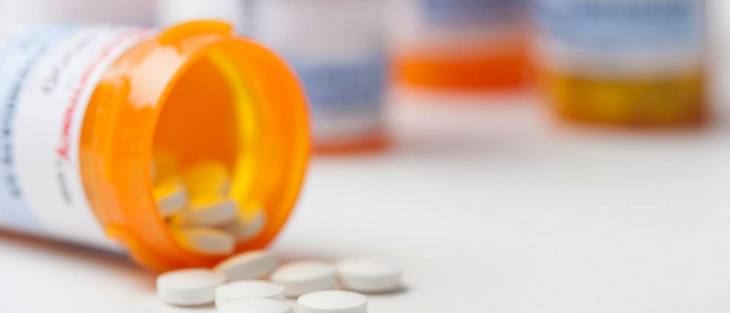Arkansas to receive $2.8 million in pharmaceutical settlement
by November 21, 2018 12:36 pm 356 views

Attorney General Leslie Rutledge announced that Arkansas has joined with 42 other states and the federal government to reach an agreement with the pharmaceutical distributor, AmerisourceBergen Corporation (ABC) to settle allegations that the company introduced adulterated drugs into interstate commerce.
As a result, ABC will pay the states and the federal government $625 million dollars, of which $99,863,569.00 will go to the Medicaid programs. Arkansas will receive $2,813,129.97 in restitution and other recoveries.
Additionally, ABC subsidiary AmerisourceBergen Specialty Group pleaded guilty to illegally distributing misbranded drugs in September 2017. ABSG agreed to pay $260 million in criminal fines and forfeitures.
“Protecting the consumers includes ensuring pharmaceutical manufacturers and providers are following approved methods for manufacturing, distribution, and dispensing of prescription drugs,” Rutledge said. “Multi-state efforts like this settlement play an oversight role of the federal processes which are in place to give consumers peace of mind when reaching for the medicine cabinets. Using unsafe or untested substances or procedures in the manufacturing, distribution, and dispensing of medication to increase profits is unacceptable and must be aggressively addressed to protect Arkansans and all consumers.”
The national federal and state civil settlement resolves allegations concerning conduct of a purported pharmacy ABSG opened in Dothan, Alabama named Medical Initiatives, Inc. (“MII”). MII pooled vials of oncology supportive care drugs used during chemotherapy to create Pre-filled Syringes (PFS) to sell to practitioners. The drugs involved in the scheme include Aloxi, Anzemet, Kytril, Neupogen, Procrit, as well as the generic version of Kytril.
The investigation revealed that MII was not a pharmacy, but a repackager, and as such, was required to apply for a New Drug Application (NDA) for the PFS. To prepare the PFS, MII broke the seal of the FDA-approved drug vials and repackaged them into plastic syringes that allowed MII to sell the excess drug product in the vials, known as “overfill.” The PFS, which were prepared in an unsterile environment and often contained particles of foreign matter, were then shipped to providers through another branch of ABSG, Oncology Supply Company.
The investigation resulted from three qui tam actions originally filed in 2010, 2012 and 2014 in the United States District Court for the Eastern District of New York under the federal False Claims Act and various state false claims statutes.
